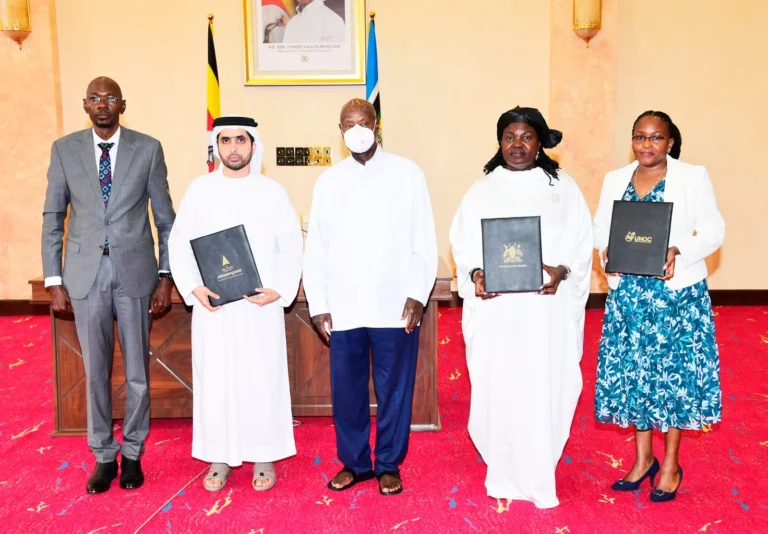Talks between Uganda and Dubai-based Alpha MBM Investments have intensified regarding the development of a $4 billion oil refinery in Hoima, Uganda. The facility, once completed, will be capable of processing 60,000 barrels of oil per day.
Alpha MBM was selected as the preferred partner to fund the project. According to Gilbert Kamuntu, Chief Commercial Officer at Uganda National Oil Company (Unoc), discussions are focused on how to structure and implement the project quickly. “Our expectation is that we will soon announce an investment decision,” Kamuntu said during the World Energy Congress.
The refinery in Hoima will be East Africa’s first large-scale crude oil processing plant. It will significantly cut Uganda’s reliance on petroleum and diesel imports, which currently travel through Kenya and Tanzania.
Uganda began exploring oil and gas after discovering large reserves in the Lake Albert Basin, near the Democratic Republic of the Congo border. Production from Tilenga and Kingfisher—two major oil fields—remains on track to begin in the first half of 2025. These fields will collectively produce 230,000 barrels per day.
The East African Crude Oil Pipeline, stretching 1,445 km to Tanzania’s port of Tanga, is expected to be operational next year. “We are still targeting 2025 for our first oil,” Kamuntu stated. He acknowledged that global factors could influence the timeline but confirmed that the project is currently proceeding as planned.
Uganda’s Position on OPEC and Regional Growth
Uganda has previously shown interest in joining OPEC, which supplies about 27% of the world’s crude. However, Kamuntu clarified that any decision would be made by the highest level of the Ugandan government when the time is right. He pointed out that OPEC membership has advantages but comes with obligations too.
Meanwhile, Namibia is being considered by the OPEC+ alliance, as the country prepares to begin oil production by the decade’s end. Uganda and Namibia’s oil sector development coincides with Guyana’s rapid growth as a major crude exporter.
Kamuntu believes Uganda can follow a similar path. “Guyana has so far avoided the resource curse and appears to be successfully using oil to fuel its economy,” he said.
Energy Transition in Africa
Uganda’s drive to become a fossil-fuel exporter is part of a larger African energy narrative. Despite the global shift toward renewables, millions across Africa still lack access to basic electricity.
At the congress, Monique Motty, senior climate finance adviser from the Democratic Republic of the Congo, said Africa’s transition must be gradual. “We can’t jump from no electricity to hydrogen or EVs overnight,” she emphasized.
The Climate Policy Initiative estimates that Africa needs $2.8 trillion by 2030 to meet global climate targets. Yet, according to the International Energy Agency, the continent only attracts 3% of global energy investment, despite having nearly 20% of the world’s population.


